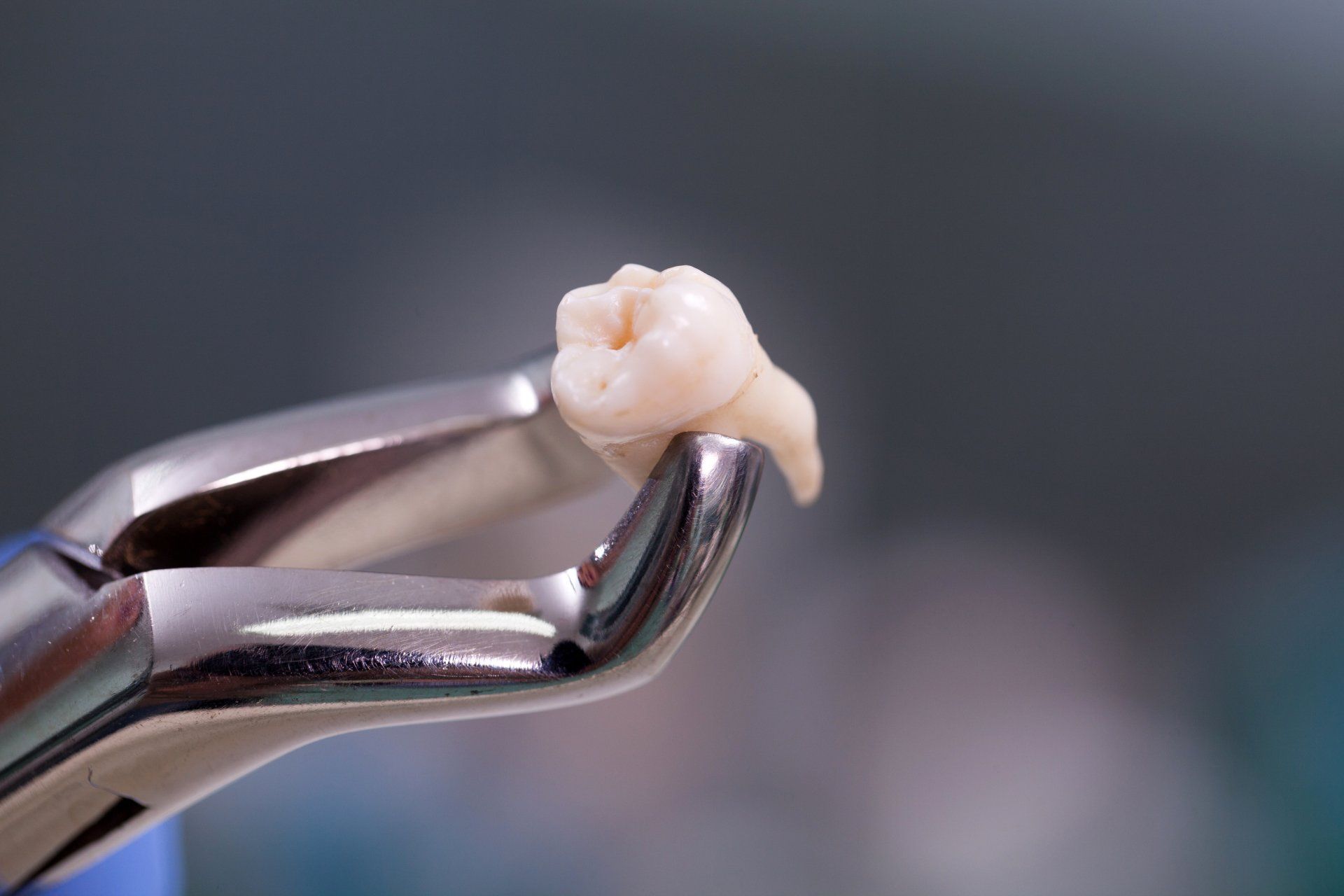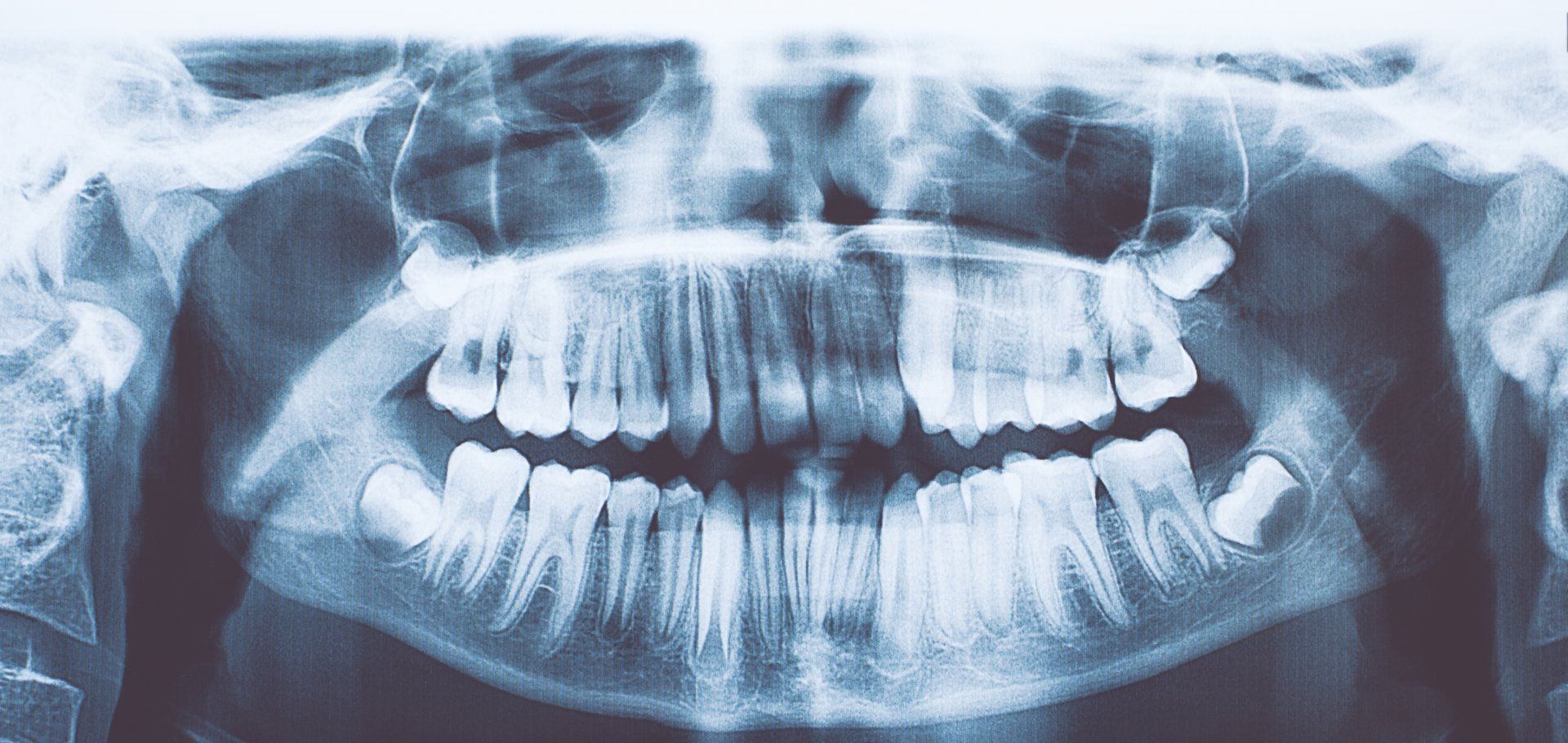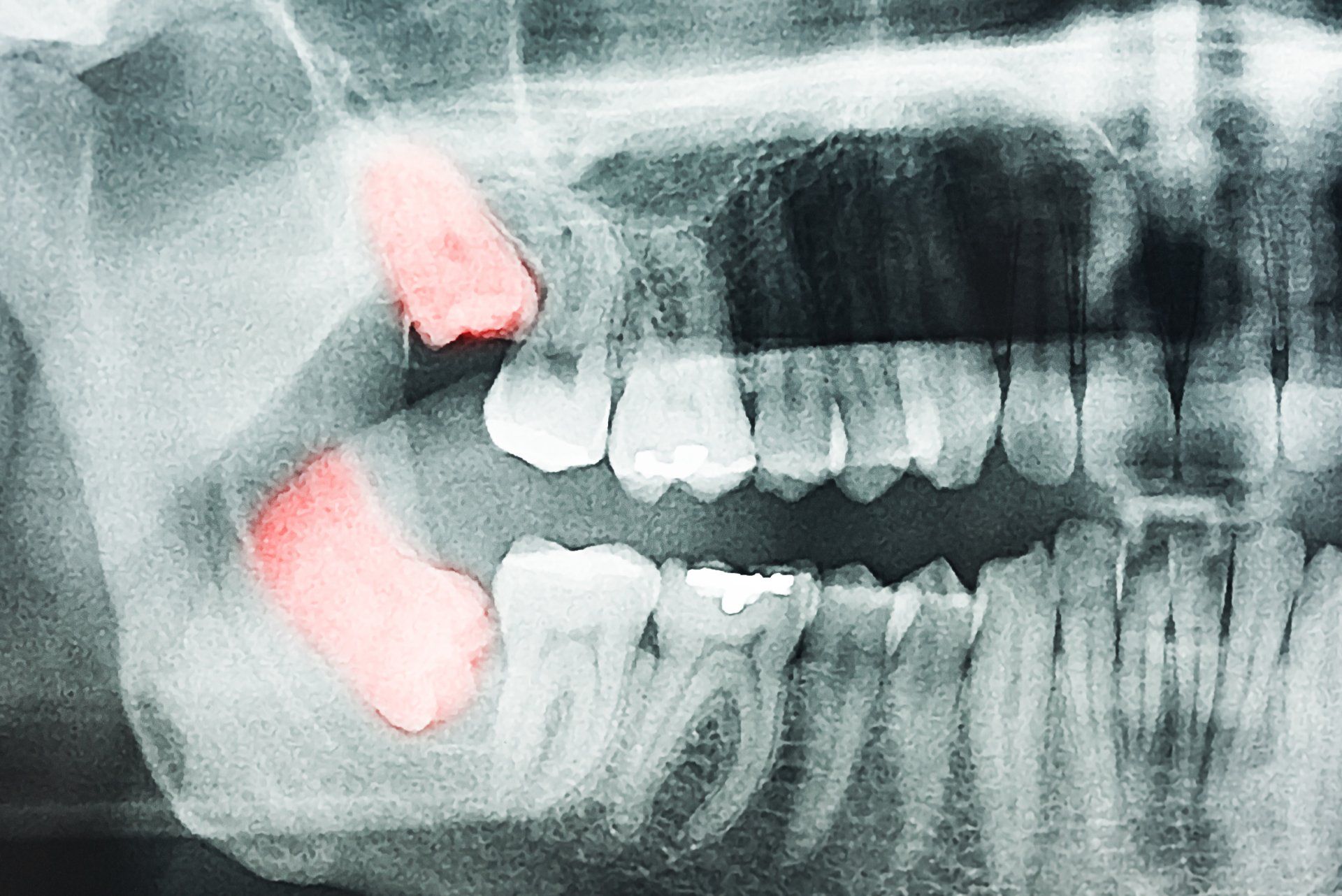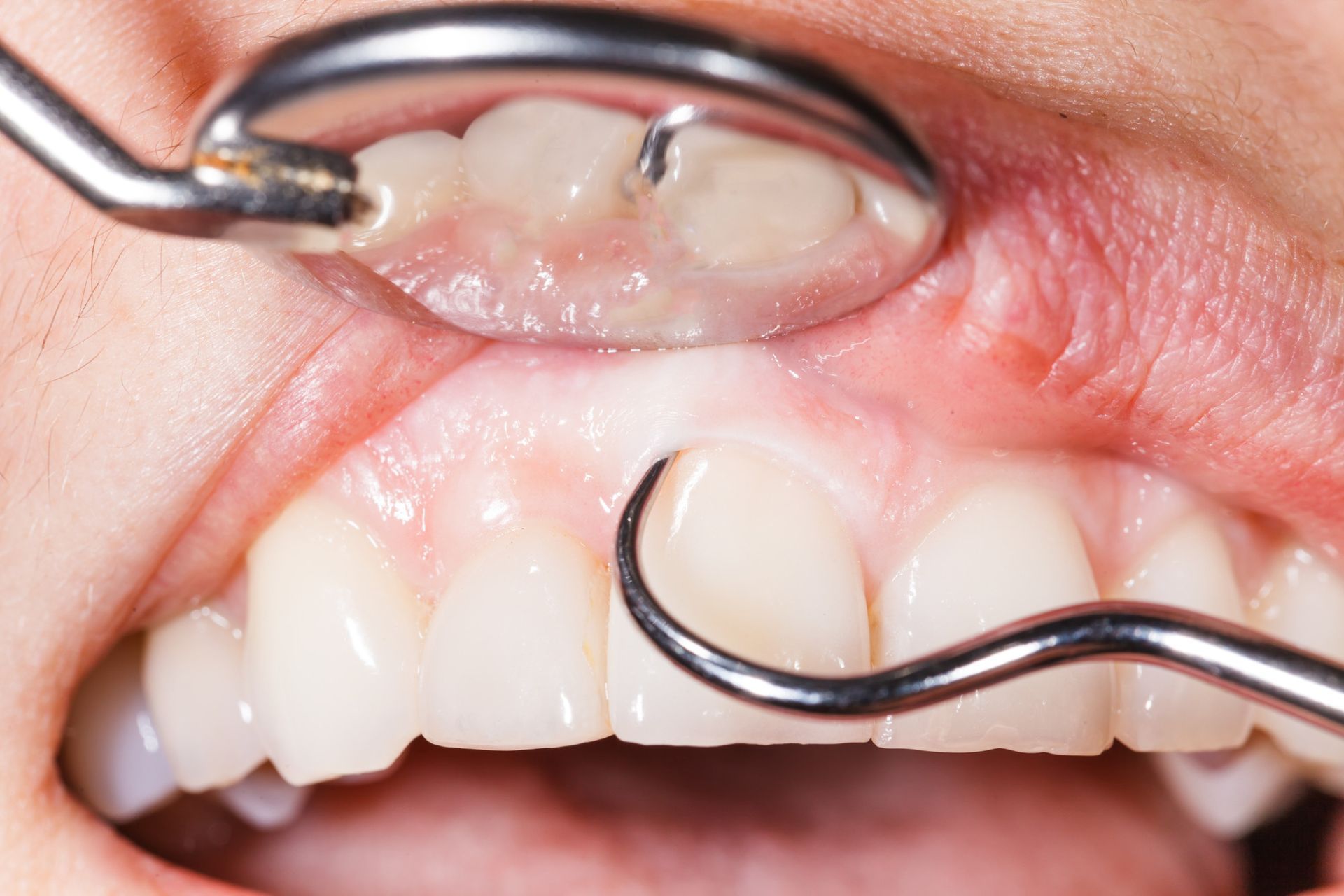Root Canal Treatment Cost: Everything You Need to Know
Around 84% of people who live in Canada have excellent oral health, and while that may sound like a lot, there is still a large chunk that has less-than-ideal oral health. When you don't take good care of your teeth, all sorts of dental problems can occur. One of the most unpleasant dental issues is a tooth infection.
The only real way to treat such an infection is with a root canal, but what is the root canal treatment cost? More importantly, what should you expect from a root canal treatment and what does it involve? Keep reading and learn more about root canal treatment costs as well as what this procedure is and why you may need one.
How Can You Know if You Need a Root Canal?
Before we dive into the cost of root canal treatments, it is first important to understand the anatomy of your teeth and what a root canal is. Every tooth is made up of tooth enamel which is the shiny white part of the tooth that you can see. However, further inside the tooth there is a portion known as the pulp.
The pulp is a very sensitive part of the tooth that is enriched with blood vessels and nerves. It is what supplies blood to your tooth and allows a tooth to live. In a healthy tooth, the enamel protects the pulp so that it can do its job of supplying blood and nutrients to the tooth. However, if a person takes very bad care of their teeth, the enamel will eventually start to decay.
This is the case with tooth decay and cavities which thin and weakens the protective layer of enamel.
At a certain point, the pulp inside the tooth will be exposed. This not only creates sensitivity and pain, but it also can be a big problem if bacteria get involved.
Once bacteria enter the center of the tooth where
the pulp
is, a serious tooth infection can take hold. Once that happens, you can experience a whole host of symptoms. For one, the infection will cause a lot of pain in the area along with swelling, little white bumps on the gums, discoloration of the affected tooth, and in some cases, the tooth may even come loose.
The Details
Once you develop a tooth infection, it is important to treat it right away. This is because the infection could easily spread to the rest of your teeth and it may even cause them to fall out. In severe cases, the infection may spread to the rest of your body which can potentially be fatal.
Whatever the case, all of these symptoms are signs that you should visit the dentist right away as you may need to get a root canal. A root canal has a bad reputation for being a very painful procedure, and while this was true in the past, it is not anymore. This is because modern dentistry has several sedation and numbing options to make sure that the procedure is as comfortable as possible for you.
A root canal essentially involves drilling into the root of your tooth and cleaning out the infection that is there. It may also be necessary to remove any infected or dead tissue in the area.
How Much Does Root Canal Treatment Cost?
The exact cost of root canal treatment will depend on a variety of factors. For example, it will largely depend on your location, what kind of dentist you go to, the severity of the tooth infection, and so on. Besides that, the exact cost will also depend on the extent of the tooth that needs to be restored after the procedure as well as where the tooth is in your mouth.
The harder and more complex the procedure is and the more time the dentist needs to spend on it, the more the procedure is going to cost. If you catch the tooth infection early, it likely won't be that expensive because there won't be any need to restore a large portion of the tooth. However, if you wait to treat a tooth infection, it will destroy a larger portion of your tooth and, as a result, it will be necessary to spend more time to repair the tooth which translates to a larger cost for the procedure.
The cost may also vary depending on whether or not you need a dental crown to cover your tooth, if you're seeing a specialist, and if your insurance covers the root canal procedure or not. After all, a root canal does not only consist of removing portions of diseased tissue. It also involves using fillers to reconstruct the tooth as much as possible so that it looks normal and healthy again.
What You Need to Know
In general, the cost of a root canal can range from $800 to more than $1,000. This may sound like quite a large range, but again, a root canal is a very intense and detailed procedure and it generally takes a long time to do. This is because it is very important that the dentist or specialist removes all the infected tissue and bacteria from the inside of your tooth.
Otherwise, the infection could easily come back. But as long as your tooth is completely cleaned out and then sealed off so that no more bacteria can infiltrate your tooth, your tooth should be good to go. Keep in mind that as long as you have good dental insurance, you likely won't have to pay so much for a root canal.
And, as mentioned before, if you catch the infection early, it likely won't be as expensive either. It is important not to put off treatment because you are afraid of the cost. The longer you wait, the more serious the infection will become.
Not only will it become harder and more expensive to treat but it could also become a hazard to your health if you wait too long, and there have even been people who have died due to untreated tooth infections.
What Else Should You Know About Root Canals?
Now that you know about the general cost range of a root canal, you should know a bit more about the procedure itself. As mentioned before, the goal of this procedure is to clean out the inside of the tooth so that there is no more infected tissue or bacteria present. This applies not only to the inside of the tooth but also to the roots of the tooth.
Cleaning out the canals in the roots of your tooth (hence the name root canal) ensures that there are no microscopic particles of bacteria left behind. Once that's done, your dentist will fill the tooth with a special material known as gutta-percha. This will act as a protectant layer for your tooth, that way, no more bacteria can penetrate it.
A dental filling will also accomplish this. Despite this level of restoration, there is a good chance that you will need a crown to cover the affected tooth. This is because the tooth will be too sensitive or deformed to go without a crown.
What to Know
But what about the pain of the procedure? As mentioned before, numbing and sedation will make sure that the procedure is as comfortable as possible. Once the infection is removed from the tooth, the tooth should no longer be in pain.
However, if you experience intense, throbbing pain after the procedure, it is important to see your dentist as soon as possible as this may be a sign that the infection has come back. After the procedure, you should only feel dull pain and sensitivity, both of which are normal.
It takes around a week to recover from a root canal procedure. By that time, any side effects like pain, sensitivity, and swelling should be gone or almost gone. As you recover, be sure to be gentle with your tooth.
Avoid hard and crunchy foods as these may irritate the tooth. Instead, stick with foods that are soft like yogurt, ice cream, and so on. Cold foods can also numb the area and make it more comfortable.
Frequently Asked Questions (FAQs)
All About Root Canal Treatment Cost
How much does root canal treatment cost? It depends on a variety of factors such as what kind of dentist you go to, how severe your tooth infection is, your location, and so on. Whatever the case, it is always important to treat a tooth infection ASAP.
If you're thinking about getting a root canal, contact us here to book an appointment.











